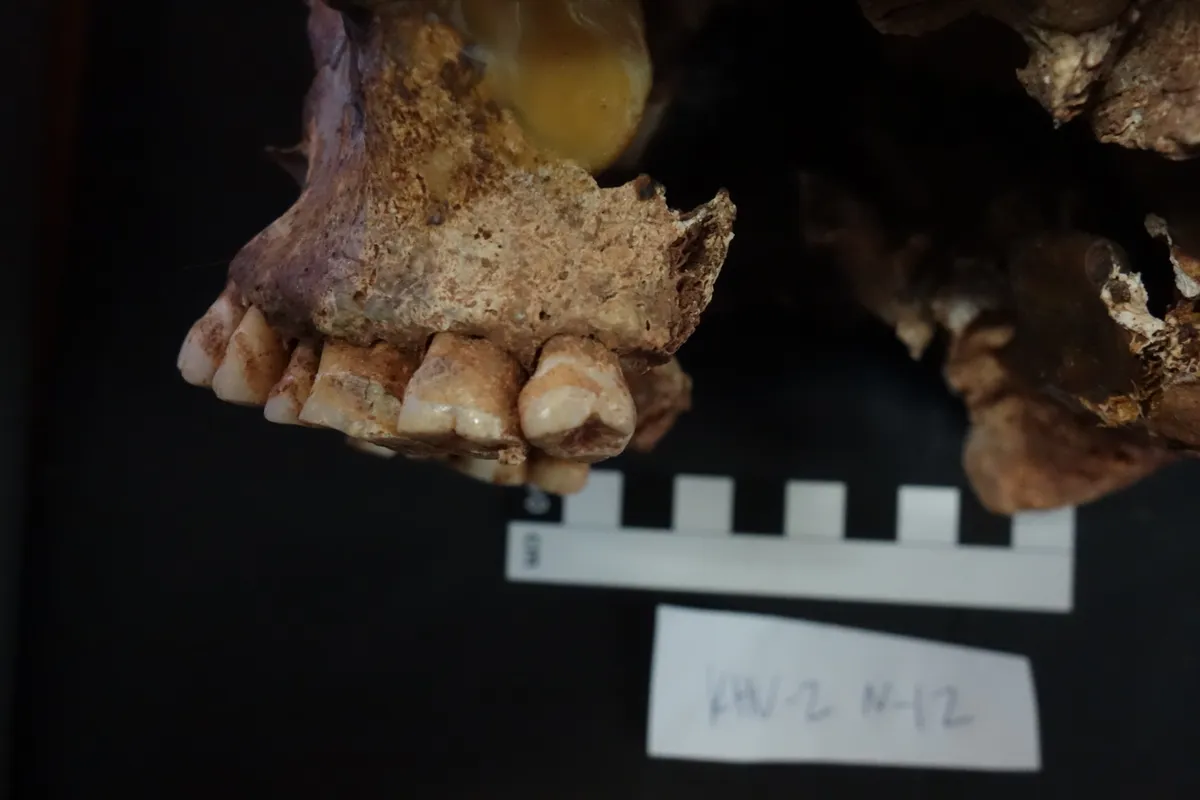Get on your horse and drink your milk! More than 5,000 years ago, groups of nomadic animal herders travelled out of the Pontic-Caspian steppe in Southeast Europe for thousands of miles, spreading their genes as far as Scandinavia and Siberia. Exactly how they managed this feat of mass migration has remained something of a mystery.
Now, a team at the Max Planck Institute for the Science of Human History in Jena, Germany think they have the answer: they started drinking milk.
The researchers made the discovery by studying the tartar, or dental calculus, on the teeth of preserved skeletons of differing ages found across a wide area. By using advanced molecular analysis, they were able to study proteins in the calculus and then determine which of the ancient individuals drank milk.
“The pattern was incredibly strong,” said study leader Dr Shevan Wilkin. “The majority of pre-Bronze Age Eneolithic individuals we tested – over 90 per cent - showed absolutely no evidence of consuming dairy. In contrast, a remarkable 94 per cent of the Early Bronze Age individuals had clearly been milk drinkers.”

Through further analysis of their data, the team were also able to determine which animals the milk came from as the peptides found in the milk produced by different animals have differing chemical compositions. They found that most of the ancient people were drinking cow, sheep and goat milk, though some were drinking horse milk.
Read more about archaeology:
- Scientists reconstruct the faces of 700-year-old skulls from Edinburgh
- Earliest example of abstract British art discovered in Jersey
The exact advantages that drinking milk gave the ancient people is still up for debate. But it is likely that the additional nutrients, proteins and fluids it provides would have enabled the ancient people to survive in the harsh environment of the steppe, the researchers say.
“What we see here is a form of cultural revolution,” said Wilkin. “Early Bronze Age herders clearly realised that dairy consumption offered some fundamental benefits and once they did, vast steppe expansions of these groups across the steppe became possible.”
Reader Q&A: Does milk really build healthy bones?
Asked by: Christine Bressat, West Sussex
The body needs a regular intake of calcium for a range of needs, not least building and maintaining bones. If it doesn’t get enough calcium from the diet, it will extract it from bones. Although some disagree on the importance of dairy products, they are undeniably good sources of absorbable calcium.
Healthy bones also require vitamin D and potassium. It’s a good idea to boost calcium levels by eating plenty of leafy vegetables, beans and seeds.
Read more: